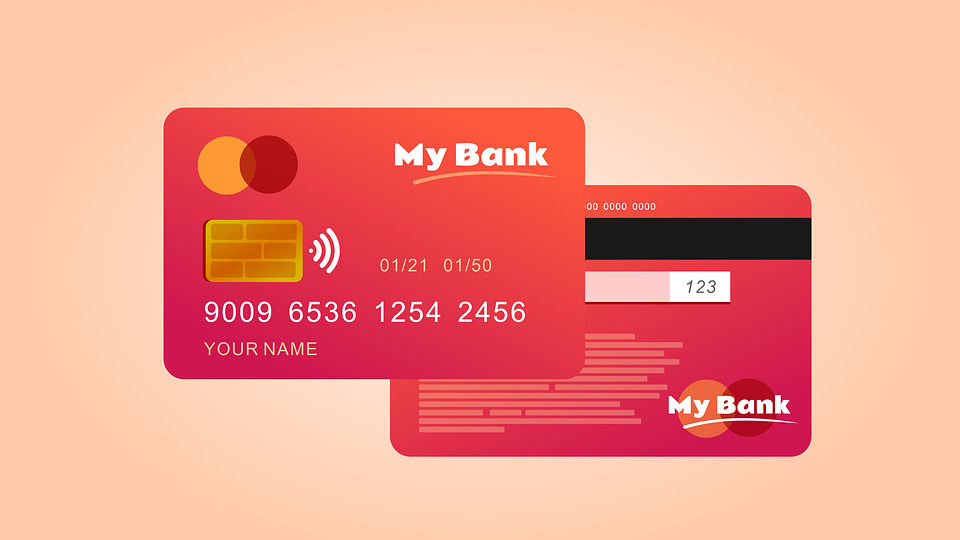Credit Card Rules: Thinking about getting your first credit card? Experts warn that this newfound purchasing power requires careful management. While a credit card offers financial flexibility, responsible use is key to avoiding debt.
His support for spending
A credit card is a financial tool that allows you to make shopping on credit, up to a predetermined limit established by the issuing bank.
When you use a credit card, the issuer pays the merchant on your behalf and you receive a bill at the end of the billing cycle. It’s important to note that you must repay the full amount to avoid interest charges.
How do credit cards work?
Credit cards work through a simple but complex process. It all starts with a transaction, whether it’s a purchase at a retail store or online. This usually involves swiping your card, inserting it into a chip reader, or entering your details manually.
Once the transaction has been initiated, the data is quickly transmitted to the issuing bank for authorization. Various factors are examined there, such as the credit limit, identity verification and the validity of the transaction.
Once approved, the transaction is confirmed and you receive a receipt indicating that the purchase has been successfully completed. At the end of the billing cycle, a full invoice is generated detailing all of your transactions during that period.
To avoid incurring interest charges, it is essential to repay the invoiced amount in full before the due date.
This cycle of transactions, authorization, confirmation and refund It forms the backbone of how credit cards work, offering users financial convenience and flexibility when managed responsibly.
What first-time credit card applicants need to know
First, it is essential to do a thorough comparison before committing to a credit card. Evaluate factors such as fees, interest ratesand the benefits ensure alignment with individual financial needs.
Understanding responsibility is critical; recognizing the tax obligations inherent in owning a credit card underscores the importance of making payments on time to avoid exorbitant interest charges and cultivate a strong credit rating.
In addition, limiting ownership of a single credit card streamlines spending management and mitigates the risk of debt accumulation, especially for first-time users. Opting for a conservative credit limit helps limit spending and prevents financial over-indebtedness.
On-time payments are non-negotiable; paying off your entire balance before the billing cycle ends is essential to avoiding late fees and encouraging disciplined payment habits.
Consistent use of your credit card for minor purchases not only keeps your card active but also strengthens your credit history, laying a solid foundation for future financial endeavors.
Finally, familiarizing yourself with credit card security features, such as CHIP + PIN, strengthens defenses against fraud and unauthorized transactions, ensuring peace of mind in an increasingly digital world.
4 costly credit card mistakes to avoid
Avoid the minimum payment trap
Opting to pay only the minimum due may seem convenient, but it can wreak havoc on your financeInterest accrues on the unpaid balance, further compounding your debt.
Additionally, new transactions immediately accrue interest, creating a cycle of increasing debt. It’s best to pay off your credit card balance in full and on time to avoid these costly repercussions.
Stay away from cash advances
Cash advances can offer quick access to funds, but they come at a high cost. Interest begins to accrue immediately upon withdrawal, and additional fees often apply.
In addition, the interest-free period is lost, meaning that new purchases also accrue interest from the day of the transaction. Avoid this costly mistake by finding alternative means for cash needs and refraining from unnecessary spending.
Failure to maintain credit utilization ratio
Using most of your credit limit can hurt your credit score. Credit experts recommend keeping your credit utilization ratio below 30 percent to maintain a healthy score, according to paisabazaar. Failing to do so can result in a lower credit score and limited credit availability.
To avoid this, try to keep at least 20 percent of your total credit limit unused and consider requesting a credit limit increase if necessary.
Not making the right decision
Selecting a credit card without considering its terms and conditions can lead to missed opportunities and wasted resources.
Choosing a card focused on benefits that don’t align with your spending habits or lifestyle can result in missing out on rewards and unused features. To avoid this mistake, do your research thoroughly and choose a card that’s easy to use. credit card that complements your needs and preferences.
Disclaimer:
The information contained in this post is for general information purposes only. We make no representations or warranties of any kind, express or implied, about the completeness, accuracy, reliability, suitability or availability with respect to the website or the information, products, services, or related graphics contained on the post for any purpose.
We respect the intellectual property rights of content creators. If you are the owner of any material featured on our website and have concerns about its use, please contact us. We are committed to addressing any copyright issues promptly and will remove any material within 2 days of receiving a request from the rightful owner.

